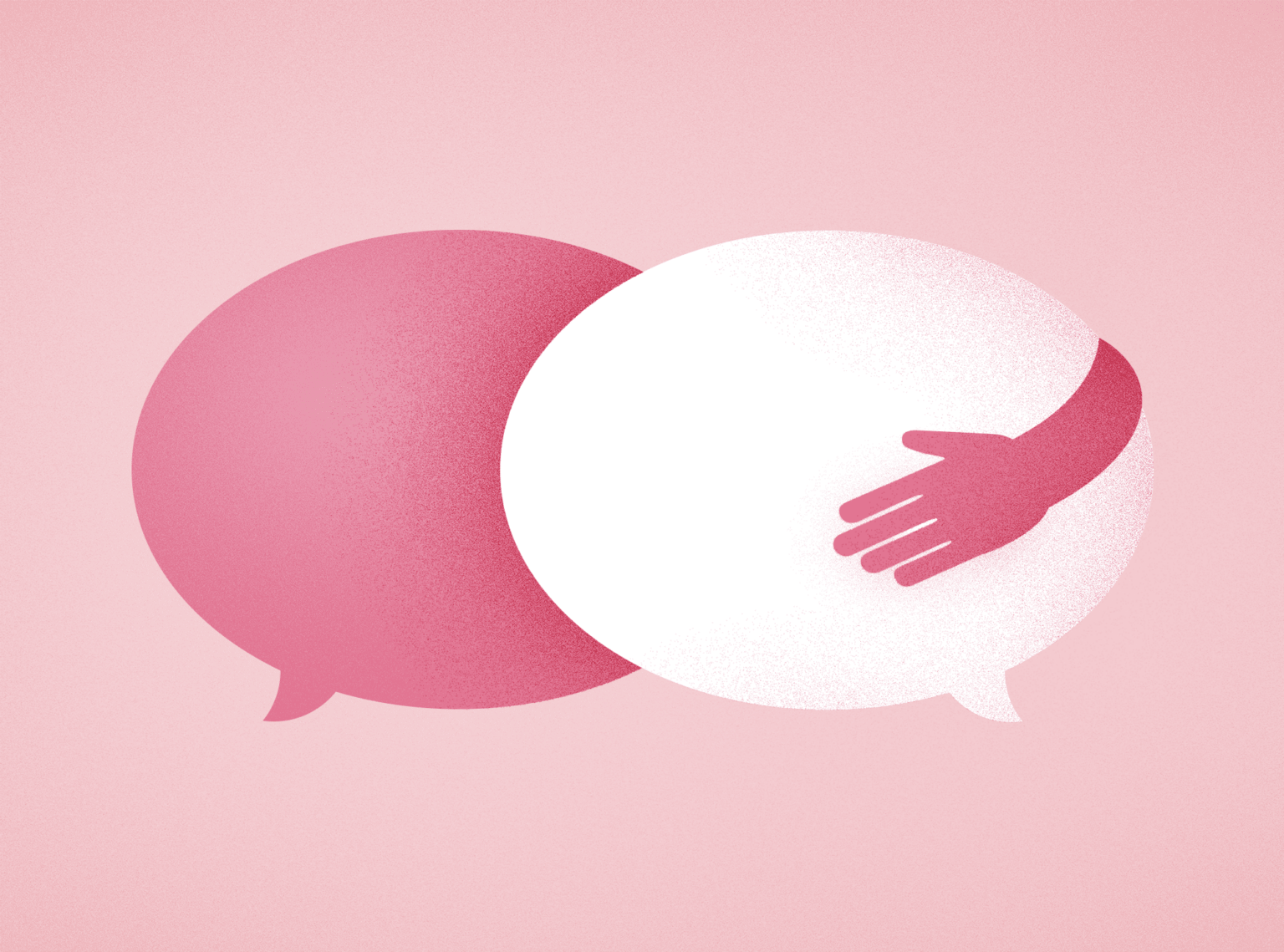Through the Eyes of a Child
Empathy can conquer bias
2022-5-15 | Judgment,Kindness,Social Intelligence
2022-5-15 | Judgment,Kindness,Social Intelligence

Today, I’ve asked Jason A. Okonofua to share his Tip of the Week.
I was an A student throughout primary and secondary school. I was also suspended from school seven times, the first time in fifth grade.
Each suspension was for some minor and vague or subjective offense—
“insubordination” as opposed to fighting or possessing a weapon. It was a miracle I didn’t land in prison like so many other Black students removed from the learning environment for discipline. Instead, I was lucky enough to receive a full scholarship to attend an elite boarding school in Rhode Island, far from my hometown of Memphis.
Two decades later, not much has changed: Children from stigmatized groups remain at a heightened risk for suspensions, which pushes them into the school-to-prison pipeline. Research shows that this racial disparity can be due to bias—when a student misbehaves, teachers are more likely to consider it a problem when the student is Black. Teachers are also more likely to see a second infraction as a pattern and escalate the discipline.
What can we do? One solution, my research team has found, is empathy. After teachers completed; a 30-minute empathy exercise, their students (especially those from stigmatized groups) were less likely to get suspended for years.
Here’s how you, too, can develop an empathic mindset.
First, think about why you care about young people. If you’re an educator, remember why you chose to work with children in the first place—to help them learn and grow and become their best possible selves, especially kids who may not receive as much care and support as others do.
Second, consider what makes a child a child. Think back to when you were young. What led you to misbehave? How much did you crave respect from teachers? Think about biological changes such as puberty and emotional development, learning how to navigate social anxieties.
Remember that young people grow healthily when they feel cared for. Consider how this may be particularly important for students who have been mistreated in the past or worry about unfair treatment in school. How might that child be feeling in a moment of conflict? See the opportunity. How can you reach your goals to help them?
You may find that an empathic mindset inclines you to respond with a little more care, patience, and mindfulness. You will see the change in the child and their trust in and respect for you.
Don’t assume that stiffer discipline always results in better behavior.
Do consider young people’s perspectives when they act out. Especially in the heat of conflict, it helps you better understand the situation, provide effective discipline, and most importantly, communicate that you care. You can be the change you wish to see.
With empathy and care,
Jason (Ada’s dad)
We’d love to know your thoughts after reading our Tips of the Week. Check the following boxes if applicable: